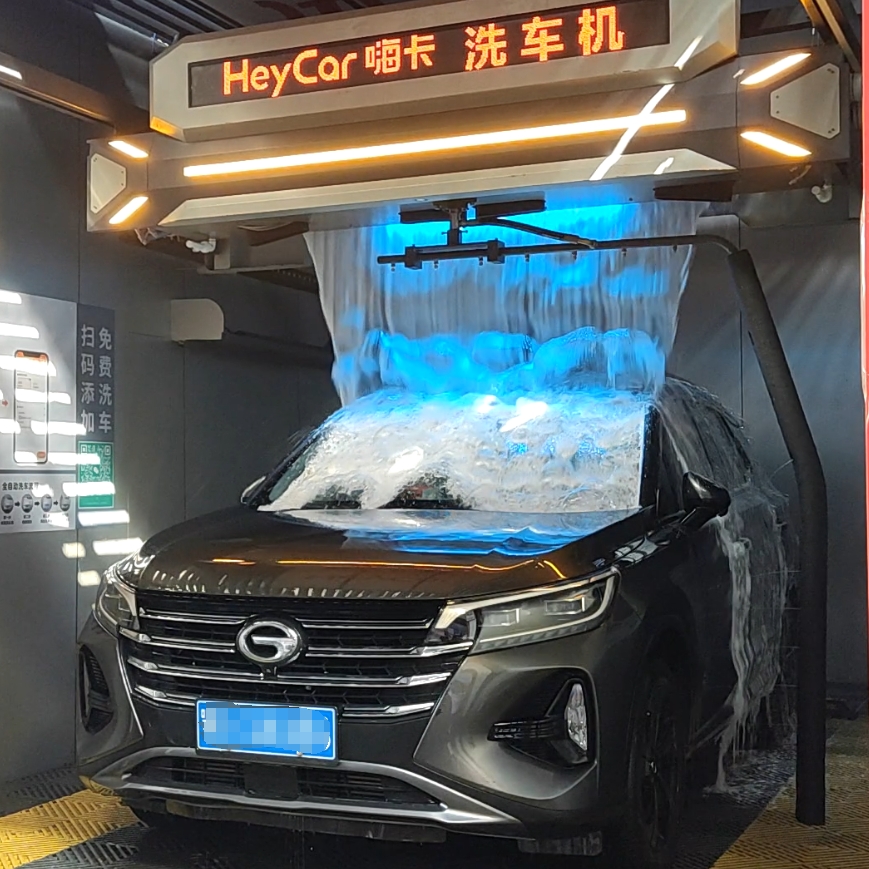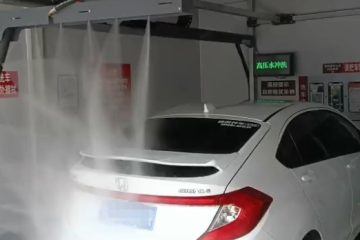The American love affair with the automobile is well-documented, and with that love comes the inevitable need for cleaning. While the classic hand-wash still holds a place in many hearts (and car detailing businesses), the automatic car wash has become a ubiquitous fixture across the United States, offering a convenient and often cost-effective way to keep vehicles sparkling. But the industry is far from static; it’s evolving rapidly, driven by technological advancements and shifting consumer preferences.

A History of Suds and Automation: The earliest automatic car washes emerged in the mid-20th century, offering a rudimentary but efficient alternative to manual scrubbing. These early iterations often involved conveyor belts and basic spray systems, focusing primarily on cleaning power. However, over the decades, the technology has advanced dramatically.
Today’s Sophisticated Systems: Modern automatic car washes are far more sophisticated. They incorporate a range of technologies designed to deliver a superior clean while minimizing environmental impact. These include:
Soft-Touch Systems: These utilize soft, cloth materials instead of harsh brushes, reducing the risk of scratches and swirl marks, particularly beneficial for newer or more delicate car finishes.
High-Pressure Washers: These effectively blast away dirt and grime, often pre-treating vehicles with specialized detergents.
Advanced Drying Systems: High-powered blowers and forced air systems ensure quicker and more thorough drying, minimizing water spots.
Specialized Cleaning Options: Many washes now offer a variety of packages, including options for undercarriage cleaning, tire shine, and even wax application.
Eco-Friendly Practices: Increasingly, car washes are adopting environmentally conscious practices, such as water reclamation systems and biodegradable cleaning products, reducing their environmental footprint.
The Business Landscape: The automatic car wash industry in the United States is a multi-billion dollar business, with a diverse range of operators, from large national chains to smaller, independent businesses. Competition is fierce, driving innovation and pushing washes to offer better value and more sophisticated services.
Future Trends: The future of automatic car washes looks bright, with several key trends shaping the industry:
Technological Integration: Expect greater use of automated payment systems, loyalty programs, and even app-based scheduling and payment.
Customization: The trend towards personalization will continue, with washes offering tailored packages to meet individual customer needs.
Sustainability: Environmental concerns will remain a key driver, pushing innovation in water conservation and the use of eco-friendly cleaning solutions.
Express Washes: The demand for speed and efficiency will drive the growth of express car washes designed for quick, convenient cleaning.
In conclusion, the automatic car wash industry in the United States is a dynamic sector characterized by technological advancements, growing consumer demand, and a focus on efficiency and sustainability. As technology continues to evolve, we can expect even more innovative and convenient ways to keep our vehicles clean and gleaming.




